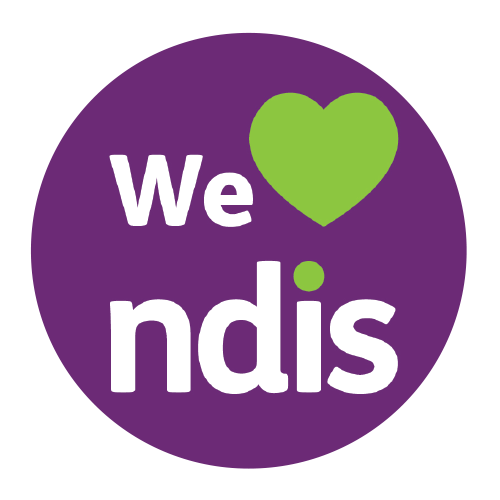Managing Staff Shortages in Healthcare
In Australia, difficulties in recruiting and retaining skilled experienced healthcare staff were reported in 2002 as occurring in both the public and private sectors in this Parliamentary report. At the time it was anticipated that the situation would not improve in the foreseeable future.
In Chapter 2 of this report, titled Nurse shortages and the impact on health services, anecdotal evidence indicated that "75 per cent of nurses in hospital wards were talking about leaving, and that some hospitals reported that they experience a 30 per cent turnover of nurses each year." This report also indicated that nurses were working greater amounts of overtime, and there had been an increased use of agency nurses.
While much has changed in the world since 2002, what rings true is the increased use of agency nurses and healthcare staff. At Health Staffing we’re proud of the role our agency staff, both nurses, assistant nurses and many other role types, play in assisting Facility Managers, Hospitals and Healthcare providers when they are managing their staffing rosters.
In today's article I explore how my team and I maintain a high quality of agency staff, and suggest a number of ways you can better manage staff shortages.
Our Network of High Quality Agency Staff
Our family oriented approach has helped us attract some of the best healthcare agency staff available in NSW and is the reason we’re known as one of the leading staffing agencies for aged care, disability and healthcare services.
Meet [insert staff name]. [She/he] has been a valuable member of the Health Staff team since [insert date]. [insert staff name] relies on her work at Health Staff as her main source of income, because we pay above award rates and are proud of the family environment we nurture with our team. We actively recognise outstanding effort with our Employee of the Month program. Each month's winner is awarded a gift voucher.
We understand many of our staff have responsibilities as parents and are juggling these roles with their work duties. For this reason, our valued team members like the option to work different shift times. When they are booked for a shift, this offers some certainty in their week and they can make their childcare plans around their work commitments.
The Hidden Cost of Cancelling Agency Staff
Staffing agencies have become essential tools to streamline hiring and reduce administrative effort. When cancelling a booked shift, I encourage you to consider the admin cost associated with this decision, not just the cost of the permanent versus the agency staff member. Our agency staff are fully qualified, highly motivated, and ready to work from day one, requiring little to no catch-up time.
While a sensitive topic to broach, we do occasionally experience some of our clients cancelling their agency staff once they have been allocated into a shift. We understand that circumstances can change and a permanent staff member who was not originally available may become available. There is a short term cost for other facilities who were unable to get access to that staff member as they were already booked. There's also a less obvious and longer term cost of losing access to good quality agency staff when you are short staffed. If the good staff get their shifts cancelled too often, this negatively impacts their desire to work in agency roles as they need a reliable source of income.
We help you streamline the process for selecting and on-boarding staff so your staff can spend less time with the most burdensome aspects of hiring - sorting through applications and interviewing potential candidates.
Because our business is built on providing a high quality staff, this ensures that each staff member we provide you with is fully screened, qualified and credentialed before beginning a shift or position. This means that the staff you need arrive at the time you need them, ready to work and fully knowledgeable about the policies and procedures of your specific facility. The result is less time spent on on-the-job training and more productivity per each professional you book through us.
Using Agency Staff Gives You Greater Flexibility
To better manage staff shortages, we recommend partnering with a healthcare staffing agency to help you find qualified nurses and staff in your local area. The clinical job market is competitive, and we can manage flexibility and scalability with access to our network of reliable staff for your facility’s needs.
Working with us gives you the ability to fill a variety of job needs from the convenience of a single partner. Whether you are looking for permanent staff or a temporary replacement, we can provide you with on-call nurses, assistant nurses, disability support staff, cleaners, and laundry staff for on-call availability.
Get Access to 24/7 Support
Our 24/7 support means you can call in help any time you need it. Variations in your staffing needs due to COVID restrictions or other seasonal factors can result in a greater need for a roster of on-call agency staff who are always ready.
We give you that access, along with a larger pool of skilled workers via our recruitment networks — including staff who have already worked with you, and are ready to jump right in.
- Our OnCall Team is a 24/7 phone service and can be reached on 1300 132 595
- Emails are actioned between 5am-10pm Monday to Friday
- From 10pm-5am please call 1300 132 595 for a quick response





